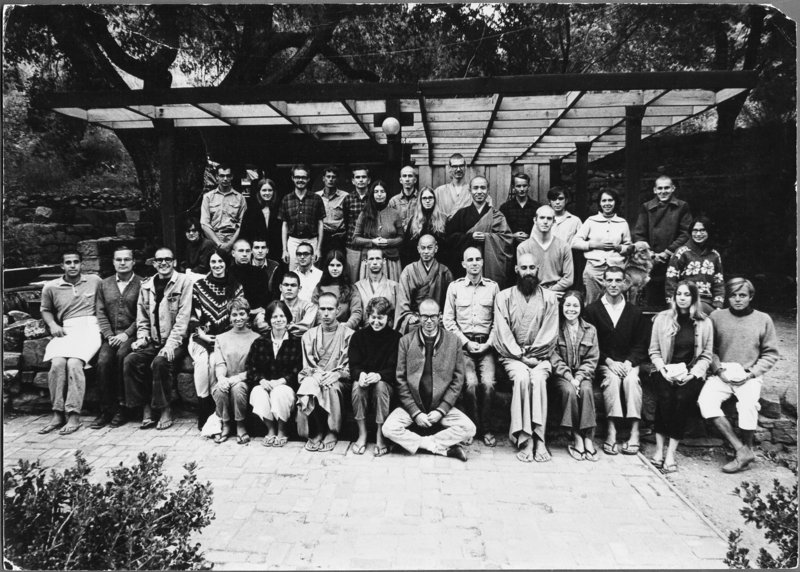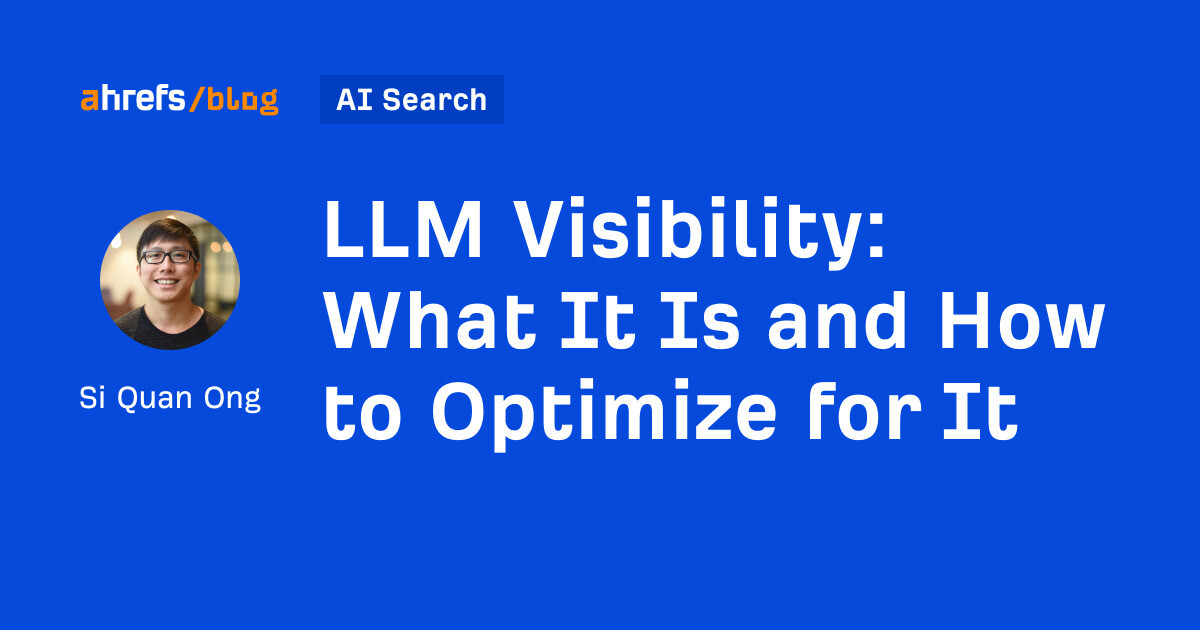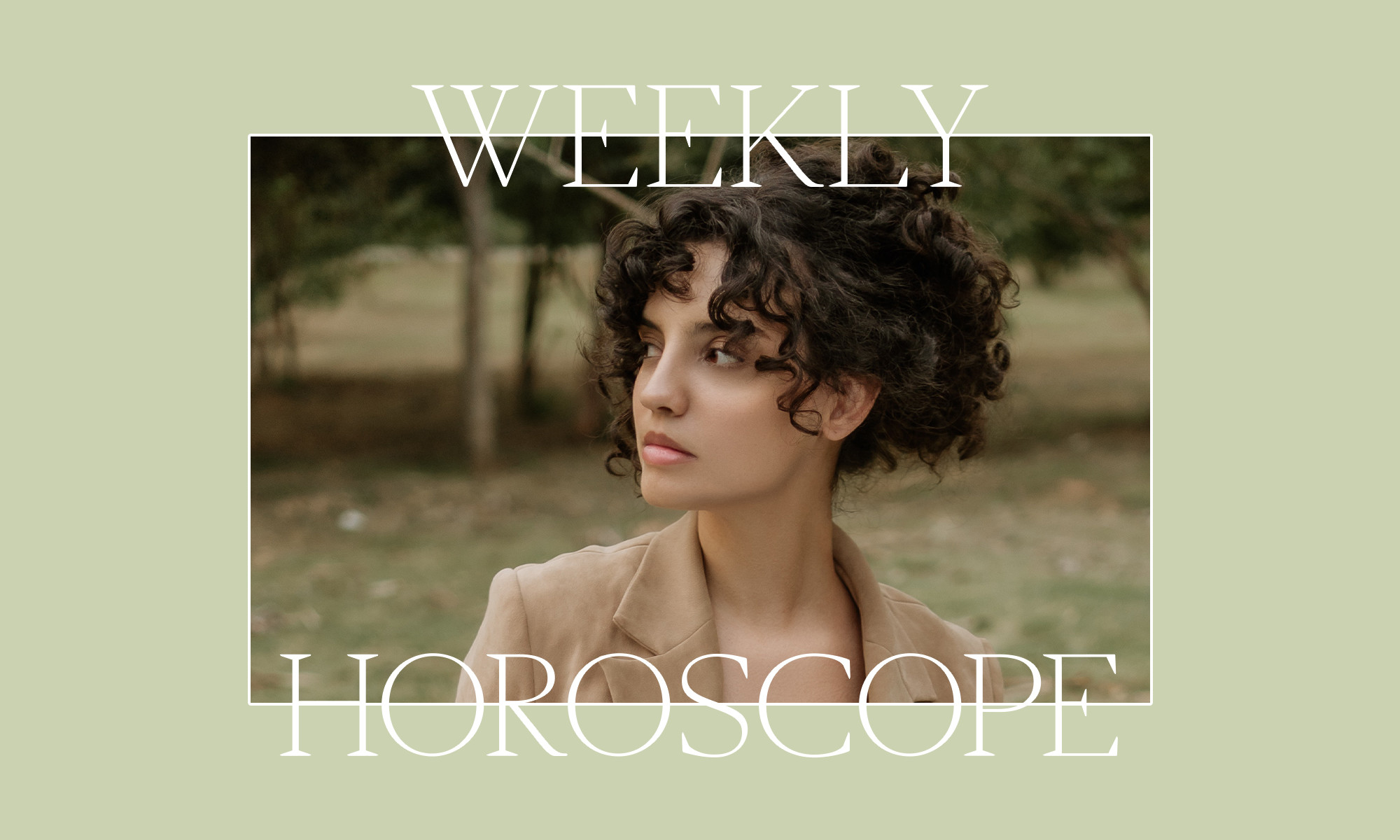Lisa Sherman on ‘Love Has No Labels’ and beyond
The Ad Council president and CEO writes about continuing “to ask ourselves, as creatives, who our work is meant to serve.”

Ad Age is marking Pride Month 2023 with our Honoring Creative Excellence package, in which LGBTQ+ creators revisit some of their favorite projects. (Read the introduction here.) This week, our guest editor is Ad Council President and CEO Lisa Sherman. Here, Sherman writes about the “Love Has No Labels” campaign and beyond.
The Ad Council’s “Love Has No Labels” campaign, which champions diversity, inclusion and acceptance, launched with the “Skeletons” video in early 2015. In it, an X-ray screen hid the identities of real people as they embraced, danced and kissed. Viewers mentally filled in the blanks of what constituted friendship, romantic love and family. When the pairs were revealed, so too were individual biases, as each relationship spanned different religions, races, abilities and more.
At the time, gay marriage was not yet legal at the federal level. COVID-19 and the exacerbation of hate and inequities were years away. George Floyd was alive.
The video went viral, becoming one of YouTube’s 10 most-watched videos of the year, and won an Emmy for Outstanding Commercial—the first time a PSA received the honor. To date, the video has been viewed on YouTube more than 170 million times.
In 2020, as systemic inequities were exacerbated by COVID-19, hate escalated and George Floyd was murdered by the police, we knew our “Love Has No Labels” campaign was needed more than ever—and we knew it had to change dramatically, too. Work such as “Fight the Virus, Fight the Bias” and “Fight for Freedom” directly addressed the hate and discrimination experienced by specific communities.
The next phase, “Love Lives On,” was the result of three powerful collaborations with creators: Barbara Poma, the founder of the OnePULSE Foundation, created in response to the horrific 2016 shooting at the Pulse nightclub, which had served for so long as a safe and celebratory place for the LGBTQ+ community in Orlando, Florida; Maddy Park, the founder of Cafe Maddy Cab, a fund to offer Asian Americans safe rides home in the face of rising anti-Asian hate; and Bridgett Floyd, who shared the life, love and joy of her brother George for our “Gentle Giant” film.
This phase was intended to inspire people to learn, act and support the communities that experience bias, hate and harassment—and it was intended to celebrate those who have personally responded to instances of injustice and hate with love.
Whenever I revisit those dancing skeletons from 2015, I still get chills. I’m so proud of the brilliant team that created that work, and the fact that the message still resonates today is very powerful and inspiring to me. At the same time, the fact that messages of diversity, inclusion and acceptance are still needed today shows us how much more work there still is to be done—and how important it is for all of us to keep interrogating the process at every step of the journey.
And so the skeleton as a metaphor has changed for me. In 2015, the skeletons represented the idea that at our core, we are all people who seek and deserve love and acceptance. This is still true, of course. But in 2023, I also see those skeletons as a framework from which we continue to ask ourselves, as creatives, who our work is meant to serve, how it gets created and what we can do every day to continue to evolve.

 FrankLin
FrankLin 































